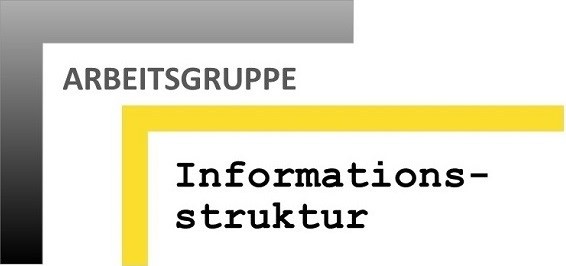In recent year, probabilistic game-theoretic approaches to natural language pragmatics have become influential. I will specifically discuss how recent work within one relatively prominent framework, the Rational Speech Act model (Goodman & Shtullmüler 2013, Bergen, Levy & Goodman. 2016), addresses some of the challenges that have been raised for the traditional Gricean approach to quantity implicatures and which have motivated the so-called grammatical approach (cf. Chierchia, Fox, Spector 2012) to such inferences. I will argue that:
1) The probabilistic component of the RSA model, and specifically the role played by prior probabilities, allow it to generate interesting predictions that are not within the reach of traditional formal semantics/pragmatics;
2) This probabilistic component is, at the same time, responsible for some very questionable predictions;
3) The RSA model leaves untouched one of the major arguments for the grammatical approach, namely the one based on redundant disjunctions and conjunctions (which argument is discussed in the RSA literature in Bergen et al. 2016 and Potts & Levy 2015)
I will suggest that the RSA model is a promising model of natural language pragmatics, provided it incorporates a grammatical exhaustivity mechanism.
